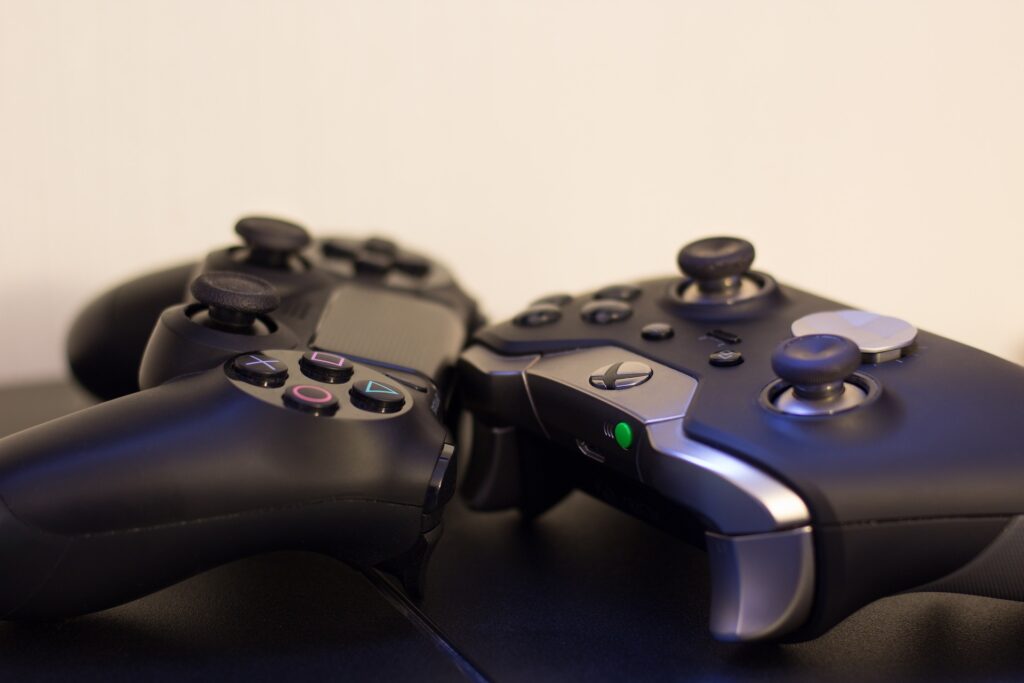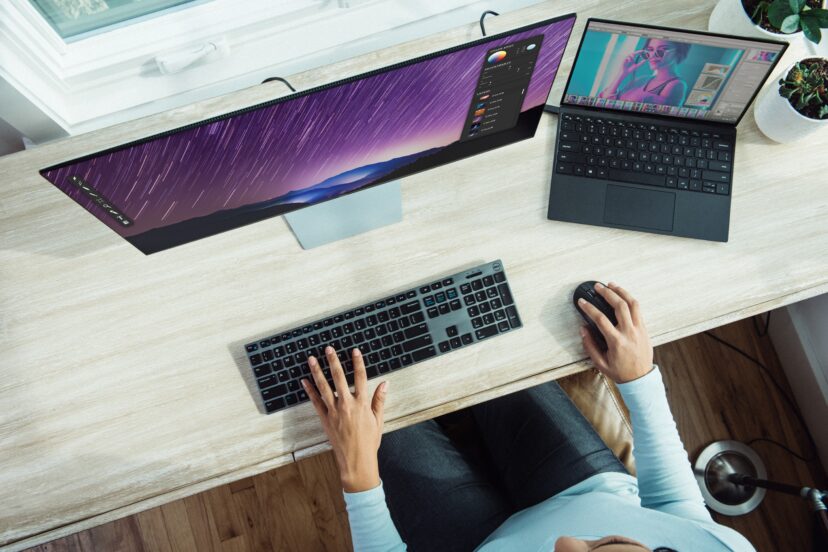How Do I Maintain My Gaming Laptop? 7 Important Steps
How Do I Maintain My Gaming Laptop? Introduction
Taking care of your gaming laptop is essential to ensure its optimal performance and longevity. From keeping it clean to managing its storage capacity, there are various steps you can take to maintain your gaming laptop. But I hear you asking, “How do I maintain my gaming laptop?”By following a few simple practices, such as regularly updating software, monitoring temperature levels, and protecting it from physical damage, you can ensure that your gaming laptop stays in great shape and continues to deliver an immersive gaming experience.
Regular Cleaning
Cleaning the Exterior
To keep your gaming laptop looking its best, it’s important to regularly clean the exterior. Start by turning off your laptop and disconnecting it from any power sources. Use a soft, lint-free cloth to gently wipe away any dust or smudges from the surface. Be sure to pay attention to the areas around the keyboard and touchpad, as these tend to accumulate oils from your hands. If there are any stubborn stains, you can lightly dampen the cloth with a mixture of water and mild detergent. Just make sure to wring out the cloth so it’s only slightly damp, and avoid getting any moisture near the ports or openings.
Cleaning the Keyboard
Over time, your gaming keyboard can collect dust, crumbs, and other debris that can affect its performance. To clean the keyboard, start by turning off your laptop and disconnecting it from any power sources. Carefully tilt the laptop upside down and gently tap the back to dislodge any loose debris. You can also use a can of compressed air to blow away any stubborn dust between the keys. For more thorough cleaning, you can use a small, soft-bristle brush to gently brush between the keys, or use a cotton swab dipped in rubbing alcohol to clean the keys themselves. Just be sure to let everything dry completely before using your laptop again.
Cleaning the Screen
A clean and clear screen is essential for an optimal gaming experience. To clean the screen, start by turning off your laptop and disconnecting it from any power sources. Use a soft, lint-free cloth to gently wipe away any smudges or fingerprints. If there are any stubborn marks or spots, you can lightly dampen the cloth with water or a screen cleaning solution specifically designed for electronics. Avoid using harsh chemicals or abrasive materials, as these can damage the screen. Remember to let the screen dry completely before turning your laptop back on.
Cleaning the Vents
The vents on your gaming laptop are crucial for keeping it cool during intense gaming sessions. Over time, these vents can become clogged with dust and debris, hindering airflow and causing your laptop to overheat. To clean the vents, start by turning off your laptop and disconnecting it from any power sources. Use a can of compressed air to blow away any dust and debris from the vents.
Hold the can upright and at a safe distance to prevent any moisture from entering the laptop. You can also use a small, soft-bristle brush to gently sweep away any remaining dust. Keeping the vents clean will not only help prevent overheating, but it will also improve the overall performance and lifespan of your gaming laptop.
Software Updates
Operating System Updates
Regularly updating your operating system is crucial for keeping your gaming laptop running smoothly and securely. Operating system updates often include bug fixes, security patches, and performance improvements. By keeping your operating system up to date, you can ensure that your laptop is protected against the latest threats and that it is optimized to deliver the best gaming experience possible. Most operating systems have an automatic update feature that you can enable to ensure you receive the latest updates as soon as they become available.
Driver Updates
Drivers are essential software programs that allow your operating system to communicate with the hardware components of your gaming laptop. Keeping your drivers up to date ensures that your laptop’s hardware functions properly and efficiently. You can manually check for driver updates by visiting the manufacturer’s website or using a driver update utility. Alternatively, you can enable automatic driver updates through your operating system settings. Regularly updating your drivers will help optimize your gaming experience and prevent compatibility issues.
Antivirus Updates
The importance of antivirus software cannot be overstated when it comes to protecting your gaming laptop from malware and other online threats. However, antivirus software is only as effective as its latest virus definitions. To ensure maximum protection, it is crucial to regularly update your antivirus software. Most reputable antivirus programs come with an automatic update feature that can be enabled to download the latest virus definitions and security patches. By keeping your antivirus software up to date, you can enjoy a safer gaming experience and protect your personal information from potential attacks.
Game Updates
If you’re an avid gamer, you’re probably familiar with the excitement and anticipation that comes with new game releases. However, it’s important to remember that games, just like any other software, often require updates to fix bugs, improve performance, and add new features.
It’s recommended to regularly check for game updates and install them as soon as they become available. Game updates can be downloaded through digital distribution platforms, such as Steam or the game developer’s website. By keeping your games up to date, you can ensure optimal performance and enjoy the latest content and features.
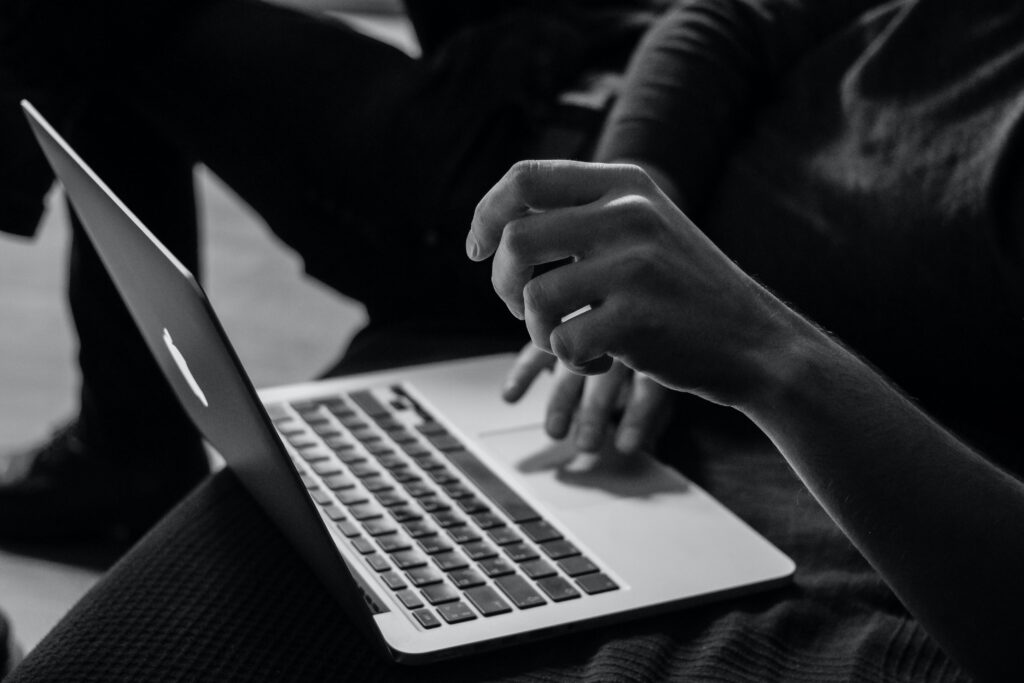
Optimizing Performance
Manage Startup Programs
When you turn on your gaming laptop, there are often several programs that automatically start running in the background. While some of these programs are necessary for the smooth operation of your laptop, others may be unnecessary and can slow down your system’s performance.
By managing your startup programs, you can improve boot times and free up system resources. To manage startup programs, open your task manager and navigate to the startup tab. Here, you’ll find a list of all the programs that start automatically when you turn on your laptop. Disable any programs that you don’t need to run at startup to optimize your gaming performance.
Disk Cleanup
Over time, your gaming laptop’s hard drive can become cluttered with temporary files, cached data, and other unnecessary files. This buildup of files can slow down your system’s performance and take up valuable storage space. To perform a disk cleanup, open the disk cleanup tool on your laptop. This tool will analyze your hard drive and provide you with a list of files that can be safely deleted. Simply select the files you want to remove and click the “OK” button to free up disk space and improve performance.
Defragmentation
As you use your gaming laptop, files and data can become fragmented, meaning they are no longer stored in contiguous blocks on the hard drive. Fragmentation can slow down file access times and overall system performance. To defragment your hard drive, open the disk defragmenter tool on your laptop. This tool will rearrange the fragmented files and optimize the way data is stored on the hard drive. Depending on the size of your hard drive and the amount of fragmentation, the defragmentation process can take some time. However, running regular defragmentation can significantly improve your laptop’s performance.
Disable Unnecessary Services
Your gaming laptop runs a variety of background services that help it perform various tasks. However, some of these services may not be necessary for your particular needs and can consume system resources. By disabling unnecessary services, you can free up valuable resources and improve gaming performance. To manage services, open the Services Manager on your laptop.
Here, you’ll find a list of all the services running on your system. Take the time to research which services are essential and which ones can be safely disabled. Remember to proceed with caution and consult reliable sources before disabling any services to avoid any unintended consequences.
Temperature Management
Ensure Proper Ventilation
Proper ventilation is crucial for maintaining optimal performance and preventing overheating in your gaming laptop. Make sure to use your laptop on a flat, solid surface, such as a desk or table, that allows for unrestricted airflow. Avoid using your laptop on soft surfaces, like beds or couches, as they can block the vents and cause the laptop to overheat. Additionally, check that the vents on your laptop are not blocked by dust or debris. Regularly cleaning the vents, as mentioned earlier, will help maintain proper airflow and prevent overheating.
Use Cooling Pads
Cooling pads are specially designed accessories that can help keep your gaming laptop cool during intense gaming sessions. These pads typically feature built-in fans that provide additional airflow to cool down the laptop’s components. Place the cooling pad under your laptop to create a cooler surface for it to rest on. This can help prevent overheating and improve overall performance. Cooling pads come in a variety of sizes and designs, so choose one that fits your laptop and gaming setup.
Avoid Overheating
Overheating is a common problem with gaming laptops, especially during extended gaming sessions. To prevent overheating, make sure to take regular breaks to allow your laptop to cool down. You can also adjust your laptop’s power settings to optimize performance and reduce heat generation. Lowering the screen brightness, disabling unnecessary features, and using a power-saving mode can help reduce heat buildup. Additionally, avoid placing your laptop in direct sunlight or near sources of heat, as this can exacerbate overheating issues.
Monitor Temperatures
Monitoring your gaming laptop’s temperatures can help you identify any potential overheating issues and take appropriate action before they cause damage. There are various software programs available that allow you to monitor the temperatures of your laptop’s components. These programs often display real-time temperature readings and can provide warnings if any component exceeds safe temperature thresholds. By keeping an eye on temperatures, you can ensure that your laptop is operating within safe limits and take the necessary steps to prevent overheating.
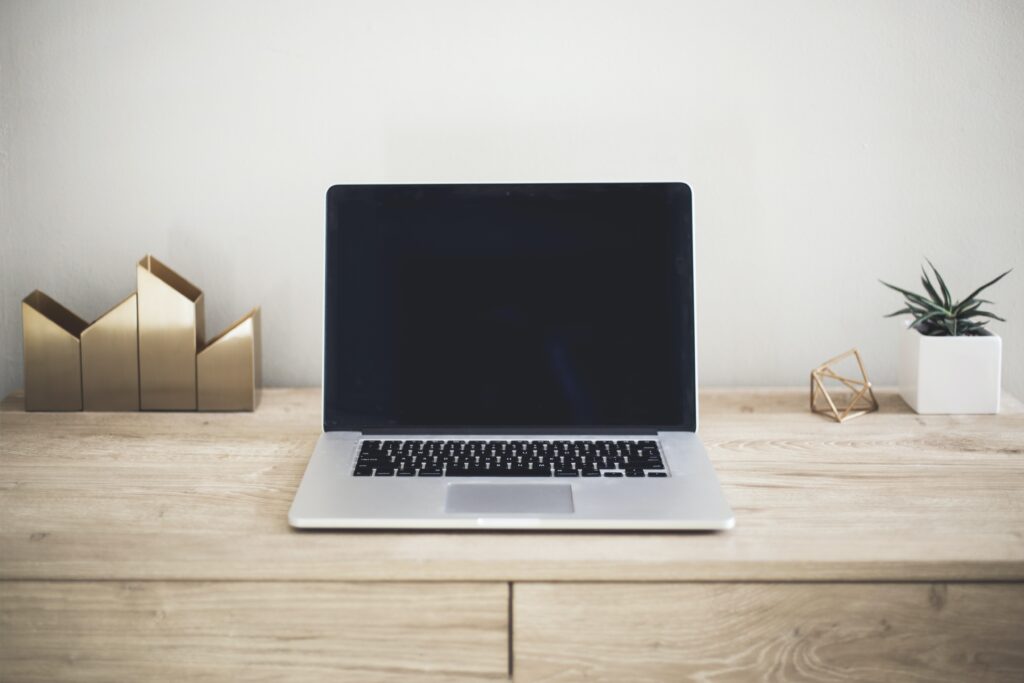
Battery Care
Avoid Overcharging
While it may be tempting to leave your gaming laptop plugged in all the time, overcharging can negatively impact the battery’s lifespan. Most modern laptops come with built-in mechanisms that prevent overcharging, but it’s still a good practice to unplug your laptop once it reaches a full charge. Allow the battery to drain slightly before recharging it to help prolong its overall lifespan.
Don’t Let the Battery Drain Completely
On the other hand, allowing your laptop’s battery to drain completely can also be detrimental to its health. It’s recommended to recharge your laptop when the battery level reaches around 20-30%. This ensures that your battery is not under constant stress from being completely depleted and helps maintain its overall capacity and performance.
Calibrate the Battery
Calibrating your gaming laptop’s battery periodically can help ensure accurate battery level readings and extend its lifespan. To calibrate the battery, allow it to fully charge, then let it drain completely until your laptop shuts down. Once it’s completely drained, plug in the charger and allow it to charge uninterrupted until it reaches 100%. Performing this calibration process every few months can help your battery maintain its accuracy and longevity.
Use Power Saving Options
Most modern laptops come with power-saving options that can help preserve battery life. These options typically reduce screen brightness, optimize system performance, and disable unnecessary features when the laptop is running on battery power. By enabling these power-saving settings, you can extend your gaming laptop’s battery life and enjoy longer gaming sessions without needing to recharge.
Protecting Against Power Surges
Use a Surge Protector
Power surges can occur when there is a sudden increase in electrical voltage. These surges can damage your gaming laptop’s components and potentially result in data loss. To protect your laptop from power surges, it’s recommended to use a surge protector. A surge protector acts as a barrier between your laptop and the electrical outlet, diverting excess voltage and preventing it from reaching your device. Invest in a high-quality surge protector and ensure that it has sufficient joule rating to handle the power demands of your gaming laptop.
Unplug During Thunderstorms
Thunderstorms can bring sudden power surges and lightning strikes that pose a significant risk to your gaming laptop. To protect your laptop from potential damage, it’s best to unplug it from the electrical outlet during thunderstorms. Even if you have a surge protector, it’s a good practice to disconnect your laptop to eliminate any chance of a power surge damaging your device. It’s better to be safe than sorry when it comes to protecting your valuable gaming equipment.
Avoid Frequent Power Cycles
Frequently turning your laptop on and off can cause stress on its components and potentially increase the risk of power-related issues. While it’s normal to turn off your laptop when not in use, try to avoid excessive power cycling throughout the day. Instead, consider using sleep or hibernate modes when taking short breaks from gaming. These modes allow your laptop to quickly resume where you left off while conserving power and reducing wear on the components.
Use a UPS
A UPS (Uninterruptible Power Supply) provides power backup in case of a sudden power outage, giving you time to safely shut down your laptop without losing any unsaved work or damaging the hardware. A UPS essentially acts as a battery backup and provides a continuous power supply to your laptop during an outage. Investing in a UPS can give you peace of mind knowing that your gaming laptop is protected from sudden power loss and potential hardware damage.
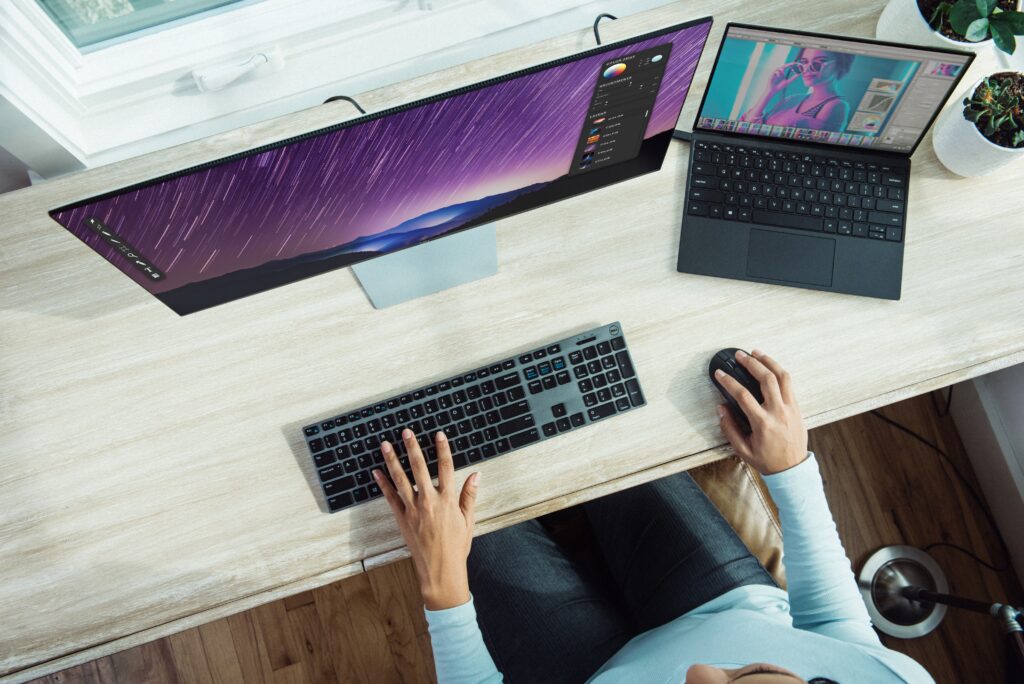
Storage Management
Regular Data Backup
Backing up your important files and data is essential for protecting them from loss or accidental deletion. Invest in an external hard drive or utilize cloud storage services to create regular backups of your gaming laptop’s files. Set up automated backup schedules to ensure that your data is consistently backed up without requiring manual intervention. Regular data backups will not only protect your valuable files but also provide peace of mind knowing that you can easily recover them if anything goes wrong.
Organize and Delete Unnecessary Files
As you use your gaming laptop, files and documents can quickly accumulate, taking up precious storage space. Take the time to organize your files into appropriate folders and delete any unnecessary files. This will not only help free up storage space but also improve overall system performance. Consider archiving or compressing large files that you don’t access regularly to save additional space.
Use External Storage
If you find that your gaming laptop’s internal storage is running out of space, consider utilizing external storage options. External hard drives, SSDs, and USB flash drives can provide additional storage capacity for your games, files, and media libraries. By offloading some data onto external storage, you can maintain better performance on your gaming laptop and easily access files when needed.
Run Disk Checks
Over time, your gaming laptop’s hard drive can develop errors and bad sectors that can affect its performance and data integrity. Running regular disk checks can help identify and fix these issues before they cause significant problems. Most operating systems have built-in disk checking tools that can scan and repair any errors on your laptop’s hard drive. Make sure to schedule periodic disk checks and let the tool run its course to ensure your hard drive remains in optimal condition.
Monitor Physical Components
Check and Replace Worn Out Cables
Cables are an essential part of your gaming laptop setup, connecting various peripherals and devices. Over time, cables can become frayed, bent, or damaged, affecting their performance and potentially causing issues with connectivity. Regularly inspect your cables for signs of wear and tear, and replace any damaged cables as needed. This will ensure that you have reliable connections and prevent any potential disruptions during your gaming sessions.
Inspect and Clean Fans
The fans in your gaming laptop play a crucial role in keeping it cool and preventing overheating. However, these fans can collect dust and debris over time, hindering their ability to cool effectively. Regularly inspect the fans for any visible dust or blockages and clean them using compressed air or a soft brush. This will help maintain optimal airflow and prevent overheating issues.
Test and Replace Battery
The battery is a vital component of your gaming laptop, providing power when you’re away from an electrical outlet. However, like all batteries, laptop batteries have a limited lifespan and will eventually degrade over time. If you notice a significant decrease in your laptop’s battery life or if the battery no longer holds a charge, it may be time to consider replacing it. Contact your laptop manufacturer or a reputable service center to inquire about battery replacement options.
Inspect and Clean Ports
Your gaming laptop’s ports, such as USB ports, HDMI ports, and headphone jacks, are frequently used and can accumulate dust, debris, or even small particles that may obstruct proper connections. Regularly inspect the ports for any visible dirt or debris and clean them using compressed air or a soft brush. This will ensure that your connections are reliable and prevent any potential issues with peripherals or devices.
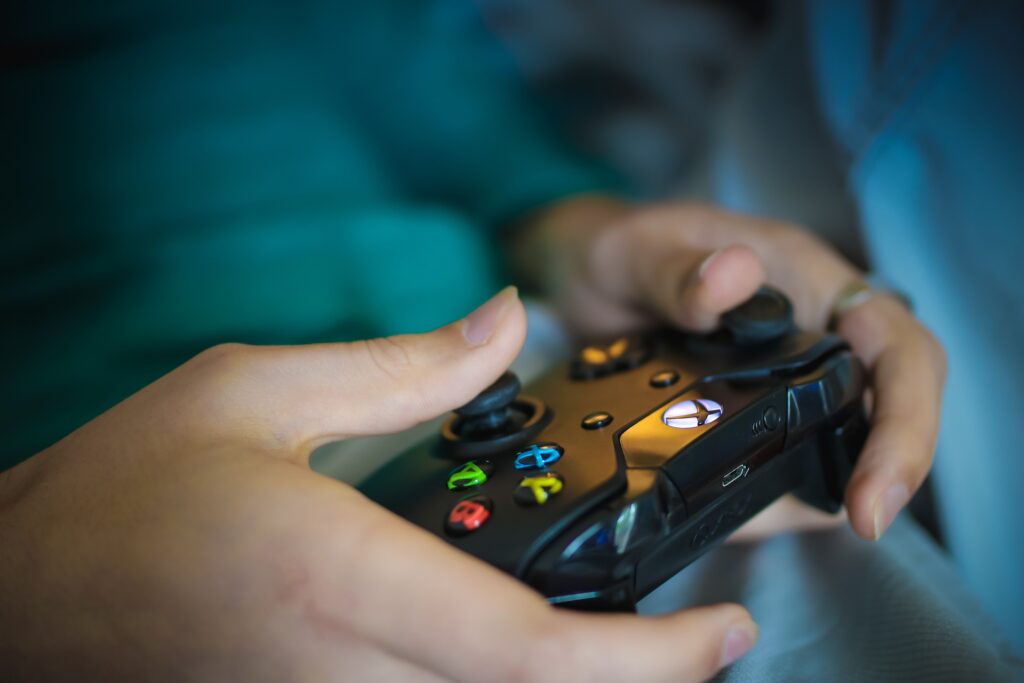
Avoiding Physical Damage
Transportation Precautions
If you frequently transport your gaming laptop, taking proper precautions is essential to avoid physical damage. Invest in a well-padded laptop bag or backpack designed specifically for gaming laptops. Ensure that your laptop fits securely in the bag and that it is well-cushioned to absorb any potential impacts. When traveling, avoid placing heavy items on top of your laptop and be mindful of any rough handling that could cause damage.
Protective Sleeves or Bags
When not in use, consider storing your gaming laptop in a protective sleeve or bag. These accessories are specifically designed to provide an extra layer of protection against scratches, bumps, and minor impacts. Protective sleeves and bags are often made of durable materials such as neoprene or microfiber, providing cushioning and peace of mind when storing or transporting your gaming laptop.
Avoid Liquid Spills
Liquid spills can cause irreparable damage to your gaming laptop’s components, resulting in costly repairs or even rendering the laptop unusable. Avoid eating or drinking near your laptop to minimize the risk of accidental spills. If a spill does occur, immediately shut down your laptop, disconnect it from any power sources, and carefully clean up the spill. If necessary, seek professional assistance to assess and repair any damage caused by the liquid.
Avoid Extreme Temperatures
Extreme temperatures can have a detrimental impact on your gaming laptop’s performance and overall lifespan. Avoid exposing your laptop to extreme cold or heat, as this can damage the internal components and potentially cause malfunctions. Store your laptop in a cool, dry place when not in use, and avoid leaving it in a car or other areas with excessive heat or cold. Additionally, be cautious when using your laptop outdoors in direct sunlight, as prolonged exposure can lead to overheating.
Proper Shut Down and Storage
Save and Close All Applications
Before shutting down your gaming laptop, make sure to save and close all running applications. This ensures that your work is saved and prevents any potential data loss. Saving and closing applications before shutting down also allows your laptop to complete any necessary updates or maintenance tasks, ensuring a smooth startup the next time you power it on.
Proper Shut Down
When you’re ready to power off your gaming laptop, it’s important to do so properly to avoid any potential issues. Close all running applications, then click on the “Start” button or the corresponding power icon in your operating system. From the power options menu, select “Shut Down” or “Power Off” to initiate the shutdown process. Wait for your laptop to completely shut down before closing the lid or disconnecting any cables.
Consider Hibernate Mode
Hibernate mode is a power-saving option that allows your gaming laptop to save the current state of your work and power down completely while preserving that state. When you resume using your laptop, it will restore everything exactly as you left it. Hibernate mode is particularly useful when you need to step away from your laptop temporarily but want to continue where you left off. To enable hibernate mode, go to your laptop’s power settings and select the appropriate option.
Store in a Safe Place
When not in use, it’s important to store your gaming laptop in a safe place to protect it from physical damage or theft. Use a dedicated shelf, drawer, or storage compartment to keep your laptop secure and avoid piling other items on top of it. Consider investing in a laptop lock or a secure cabinet if you have concerns about theft. Storing your laptop in a safe place not only helps preserve its longevity but also ensures that it’s readily available and ready for your next gaming session.
By following these maintenance tips, you can keep your gaming laptop running smoothly, protect it from various threats, and prolong its lifespan. Regular cleaning, software updates, performance optimization, temperature management, battery care, protection against power surges, storage management, monitoring physical components, avoiding physical damage, and proper shutdown and storage are all important aspects of maintaining your gaming laptop. With a little regular care and attention, your laptop will continue to provide an excellent gaming experience for years to come.
